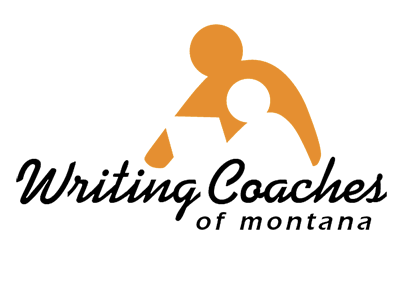Students today enter a world saturated with AI-assisted everything. Academics are integrating it. Jobs are demanding it. Daily life quietly nudges them to it with every click and swipe. Arguably, knowing how to formulate an effective ChatGPT prompt has become a more important life skill than knowing verb tenses. In this environment, why should any kid care about learning to write?
In particular, what’s the value of struggling through a draft for a kid who has no natural talent for it? Is there an aspect of writing that isn’t just a minefield of rules to get wrong but an experience that might be satisfying? As a coach, if I answer those questions from an unchanged 20th century context rather than a 2025 reality, I won't be serving students as well as I could.
I might have 15 or 20 minutes with a kid over a draft or a blank page or maybe a nearly finished piece. Not much time. Where I place my attention will make our time more or less effective, and it’s so easy to let the assignment be the entire story. The larger aim is less tangible: I want this kid to leave our conversation feeling a little more confident. A little more connected to their own way of being in the world. I want them to see a small part of themselves that used to be invisible on a page that other people can now appreciate. I want that fuzzy thing running around in their heads to find definition and, in doing that, speak their mind.
AI can’t think. It doesn’t imagine. It hallucinates. It doesn’t formulate ideas. It combines word
assemblanges based on probability. AI can create a written product more efficiently than any
human. Humans are easily outdone when it comes to the technicalities of spelling, grammar, and structure. If this all that writing is, then we are obsolete. But I take to heart what I heard Kat say dozens of times: “We’re not here to edit your paper. We’re here to help you develop your ideas.” In an increasingly AI-generated landscape, those ideas can keep people (of any age) connected to the value and substance of their own mind. Without that, we lose ourselves and each other. No small thing.
If we conflate the writing process with the product, we lose the critical difference between our
minds and the algorithms. Look beyond the thing that gets turned in for a grade. Writing has
always been a form of thinking—and, at its best, also a form of feeling. Those messy first drafts are messy because emerging thoughts and feelings are messy. And that’s natural! That’s human! The act of writing is one way we discover who we are. It’s a way that we turn hunches and intuitions into ideas that can become effective plans and persuasive opinions. Too many students apologize that their first draft isn’t better. I tell them that if their first draft isn’t messy, they’re not really discovering anything new. Writing really begins with revision. What exactly am I trying to say here? How can I say it more clearly?
This is what I’m listening for. Their thoughts. Their particular way of expressing themselves,
with all the ragged edges. AI writing’s tell is its blandness. I haven’t met any bland students. Their sparks are their strength. That’s what I want to remember when I sit down with them this year. Writing is thinking and, at its best, feeling. Practicing that is nothing less than the making of our selves.
Writing Coaches of Montana has a lot to say about how great our communities are.

